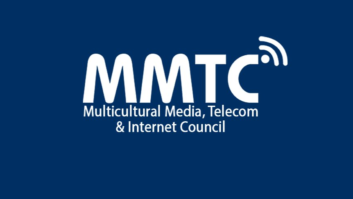Social media are not an adequate replacement for the correspondence file. So says the National Hispanic Media Coalition, reacting to the FCC’s 3–0 decision to eliminate a rule requiring U.S. commercial broadcast stations to keep copies of letter and emails from the public in a public inspection file.
The group issued a statement from Director of Policy and Legal Affairs Carmen Scurato saying “This is exactly the time that the public is looking to build trust with the media, fostering a productive dialogue that supports accurate coverage representative of diverse voices.”
She said that in eliminating this publicly accessible means to understand how audiences are responding to commercial broadcast coverage, “the FCC does a tremendous disservice to all who seek to support journalism that fulfills the public interest obligation it holds.”
The use of social media to find or report issues, she said, is not an adequate replacement. “This insufficient reply is especially more concerning when a full third of Americans–disproportionately Latinos and other people of color, lower-income and rural Americans–lack home broadband to submit feedback or view the extent of concerns submitted by their neighbors online.”
She said the group has used letters and emails in correspondence folders to “successfully hold media accountable for racist, misogynistic and anti-LGBTQ programming.” She mentioned two cases in which she said the coalition and other groups pressured broadcasters to remove what it considered racist or misogynist programming.
The organization was founded in 1986 and describes itself as “ a media advocacy and civil rights organization for the advancement of Latinos, working towards a media that is fair and inclusive of Latinos, and towards universal, affordable and open access to communications.” According to its website it has filed numerous petitions with the FCC to deny radio and television station licenses, “either on the basis that American Latinos were inadequately represented in the employment ranks, or for instances of obscenity, indecency and profanity on prime-time Spanish-language broadcasting that squarely violated FCC rules and the law, or because of the absence of FCC-mandated children’s programs. Many of these petitions have resulted in fines or reprimands.”












